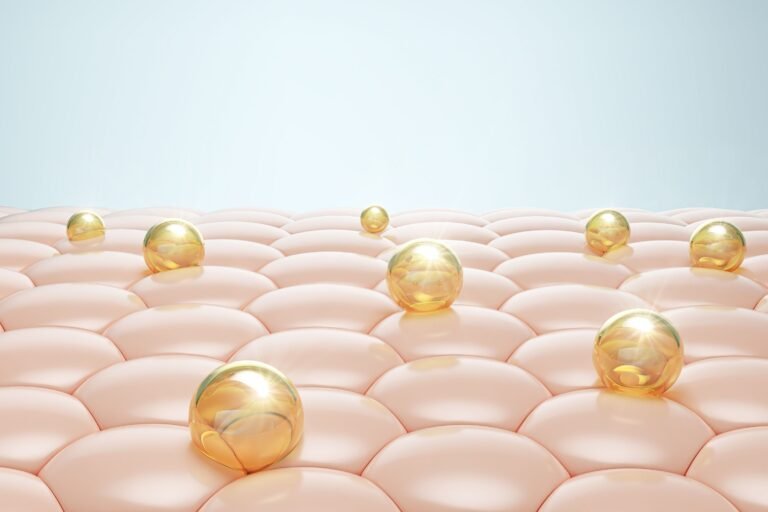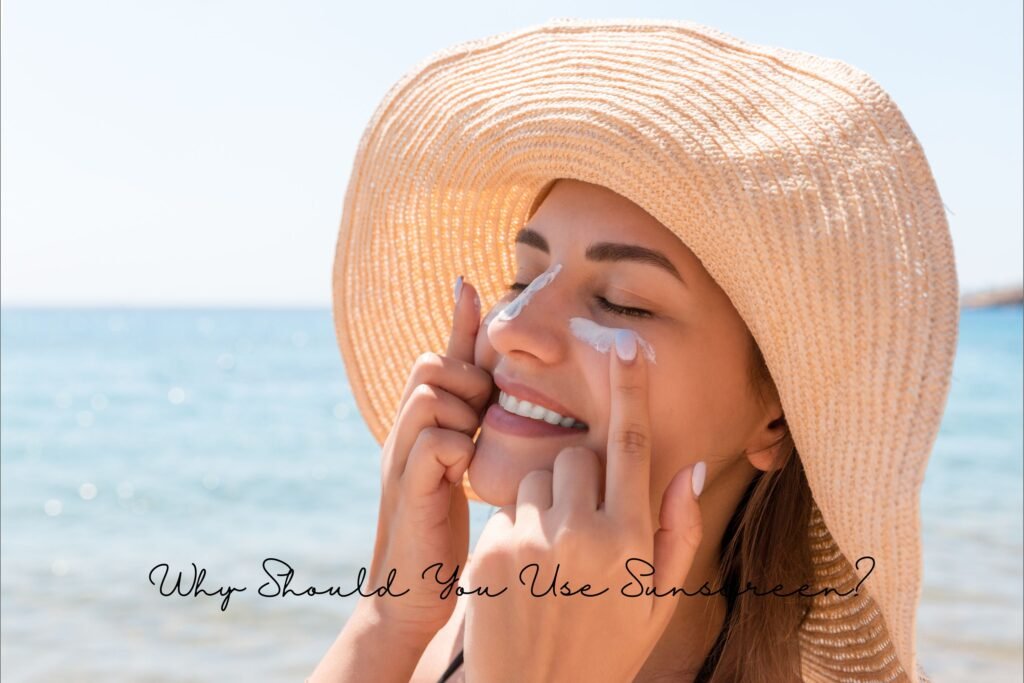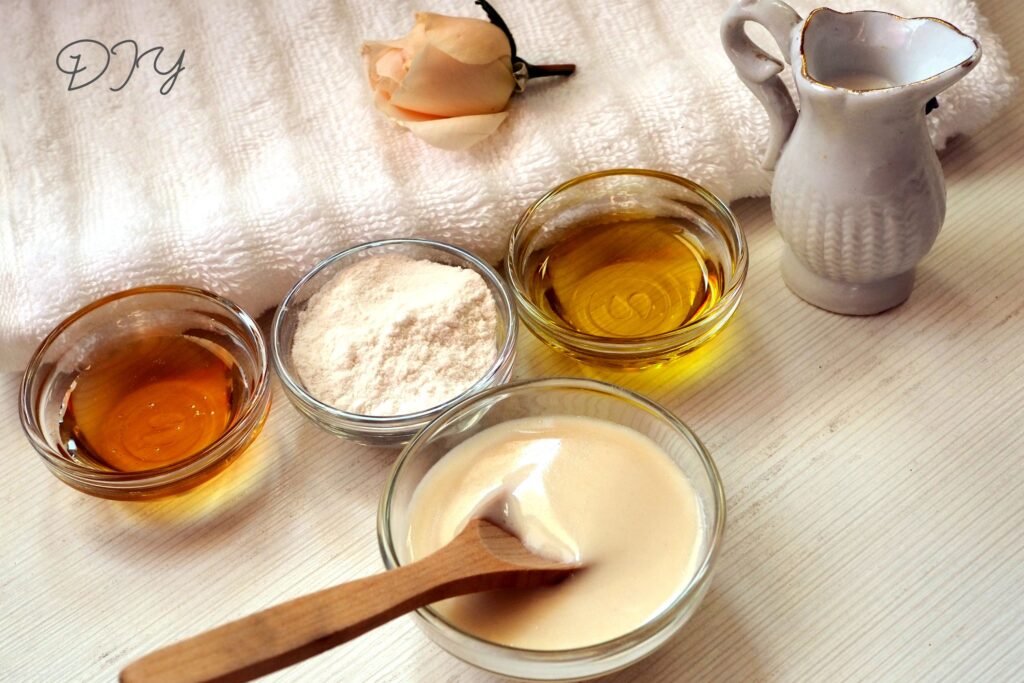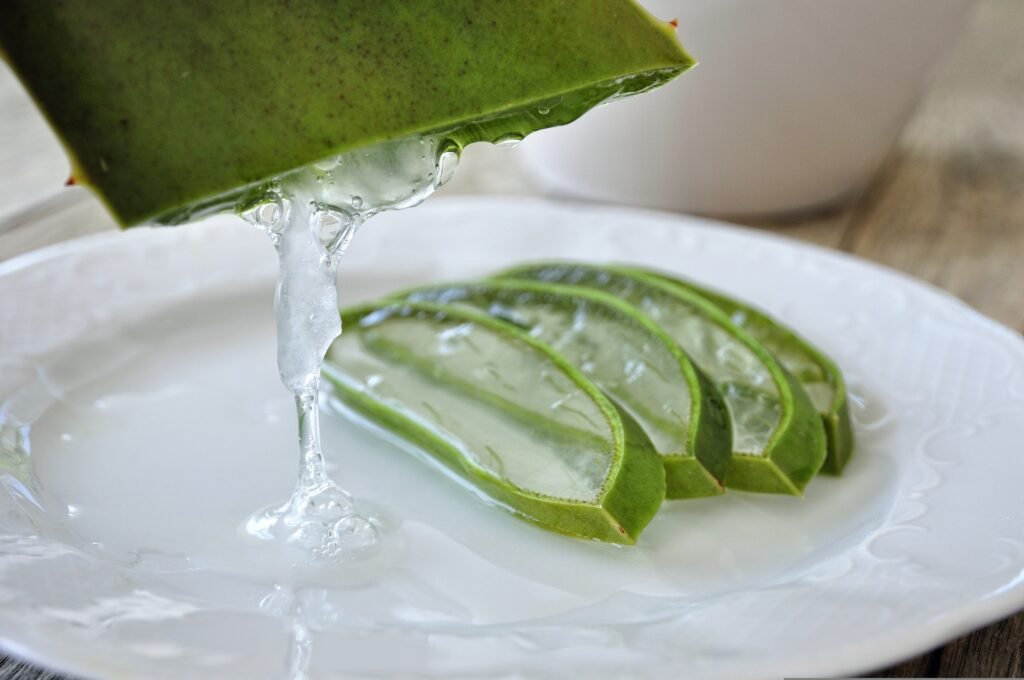Exfoliation is a skincare essential that often gets overlooked. Yet, it holds the key to achieving radiant, healthy skin. Whether you’re dealing with dullness, uneven texture, or breakouts, regular exfoliation can make a significant difference.
In my days, I used to over-exfoliate my skin and body. This caused many troubles to my skin. But the importance of exfoliating is something that you cannot overlook. That’s why knowing how to exfoliate perfectly, and natural remedies can save your skin from unnecessary breakouts.
This guide will walk you through everything you need to know about exfoliation remedies, including how to exfoliate skin, why it’s beneficial, and some natural ways to incorporate it into your routine.
Benefits of Exfoliation
Removes Dead Skin Cells
Over time, dead skin cells accumulate on the surface of your skin, leading to a dull and rough complexion. Exfoliation helps remove these cells, revealing fresher, smoother skin underneath. It gives you a fresh glow on your face. Exfoliation removes built-up dirt from your skin surface.
Unclogs Pores
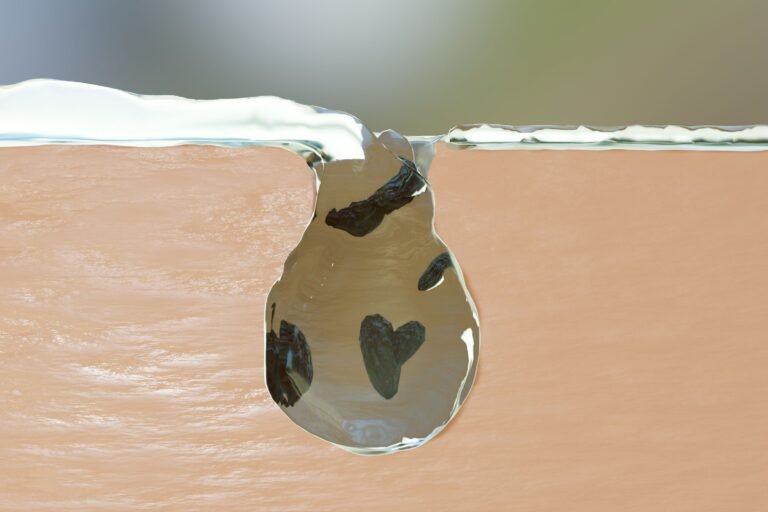
Exfoliation clears out clogged pores, reducing the chances of blackheads, whiteheads, and acne. By keeping your pores clean, you also allow your skincare products to penetrate more deeply and work more effectively. Clogged pores don’t let you blend your makeup properly. Exfoliation before doing makeup helps to blend it really well.
Evens Skin Tone

I had pigmentation around my lips and forehead. It made my skin tone uneven. So, whenever I used to do makeup, it looked really bad. Regular exfoliation can help fade dark spots, hyperpigmentation, and acne scars, leading to a more even skin tone. It promotes cell turnover, which is essential for skin renewal.
Boosts Circulation

Exfoliating stimulates blood circulation, bringing more oxygen and nutrients to the skin’s surface. This process gives your skin a healthy, natural glow.
Enhances Product Absorption
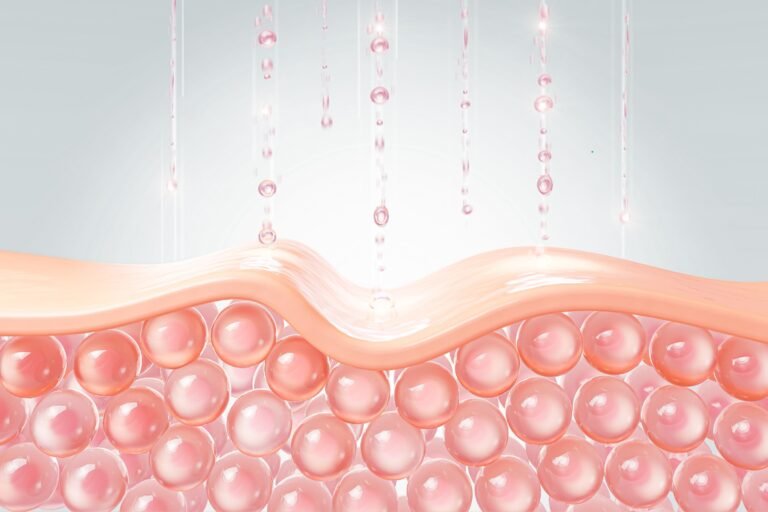
This is common sense. As your skin surface is clean and dirt-free, your skin will absorb the products more efficiently. By removing the barrier of dead skin cells, exfoliation allows your serums, moisturizers, and other treatments to absorb better, making them more effective.
How to Exfoliate
Choose the Right Exfoliator
There are two main types of exfoliators: physical and chemical.
Physical Exfoliators: These include scrubs with small, granular particles (like sugar or salt) that manually slough off dead skin cells. For example, sugar scrub exfoliant is a great choice.
Chemical Exfoliators: These use acids or enzymes to dissolve dead skin cells. Common ones include alpha hydroxy acids (AHAs), beta hydroxy acids (BHAs), and fruit enzymes. Chemical exfoliant for face can be very effective.
Frequency
How often you should exfoliate depends on your skin type. Generally, 1-3 times a week is sufficient. Over-exfoliating can lead to irritation and damage. If you have sensitive skin, then you should exfoliate once a week with a gentle exfoliator. If your skin is normal to combination, the frequency should be 2-3 times a week. Oily or acne-prone skin should be exfoliated up to 3 times a week.
Technique
Physical Exfoliation: First, you have to clean your face with a regular cleanser. Apply the scrub to damp skin and gently massage in circular motions for about 30 seconds. Avoid harsh scrubbing, which can cause micro-tears in the skin. Clean the product with water and you are ready with glowy skin.
Chemical Exfoliation: Chemical exfoliation needs to be kept on overnight. Follow the instructions on the product. Typically, you’ll apply a thin layer to clean, dry skin and leave it on for the recommended time before rinsing off.
Follow Up with Moisturizer
After exfoliating, your skin can be more sensitive. Always follow up with a hydrating moisturizer to soothe and protect your skin.
Natural Exfoliator Remedies
Stuff that you buy online and from the store has chemicals in them. These can cause harmful reactions to your skin. That is why opting for natural remedies. They are easy to make and apply with no side effects.
Sugar Scrub
Mix equal parts of sugar (white or brown) with a carrier oil (like coconut or olive oil). Optionally, add a few drops of essential oil for a pleasant scent. Gently massage onto damp skin and rinse off with warm water. Tiny beads of sugar work against the gunk on your skin surface. It takes out that dirt from the skin and gives a glowing smooth texture.
Oatmeal Scrub
Combine finely ground oatmeal with honey and a bit of water to form a paste. Oatmeal is soothing and anti-inflammatory, making it perfect for sensitive skin. Apply to your face and gently rub in circular motions before rinsing off.
Baking Soda Scrub
Mix a teaspoon of baking soda with water to create a paste. Baking soda is a mild exfoliant that helps unclog pores and balance skin pH. Gently massage onto the skin and rinse well.
Coffee Grounds Scrub
Use leftover coffee grounds mixed with a bit of coconut oil. Coffee is rich in antioxidants and can improve circulation. Massage onto the skin and rinse thoroughly.
Papaya Mask
Papaya contains natural enzymes that exfoliate the skin. Mash a ripe papaya and apply it to your face. Leave it on for 15-20 minutes before rinsing off. This method is especially great for sensitive skin.
Final Tips and Tricks
Patch Test: Always perform a patch test when trying a new exfoliator to ensure you don’t have an adverse reaction.
Sun Protection: Exfoliating can make your skin more sensitive to the sun. Always wear sunscreen with at least SPF 30 to protect your skin.
Hydrate: Keep your skin well-hydrated, especially after exfoliating. Drink plenty of water and use hydrating skincare products.
Avoid Over Exfoliation: Over-exfoliation will lead to acne scars, hyperpigmentation, and tearing of the skin. 30 seconds to 1 minute is perfect for exfoliation. Remember, exfoliator is not a leave-on product unless it is a chemical exfoliator.
How often should I exfoliate my face is a common question, and the answer varies by skin type, as mentioned. Additionally, exfoliating before or after shaving is best done before to prevent irritation and ensure a smoother shave.
Exfoliation is a key step in maintaining healthy, glowing skin. By choosing the right method and incorporating natural remedies, you can achieve a smooth, radiant complexion. Remember to listen to your skin and adjust your routine as needed for the best results.


